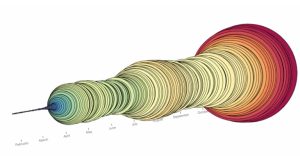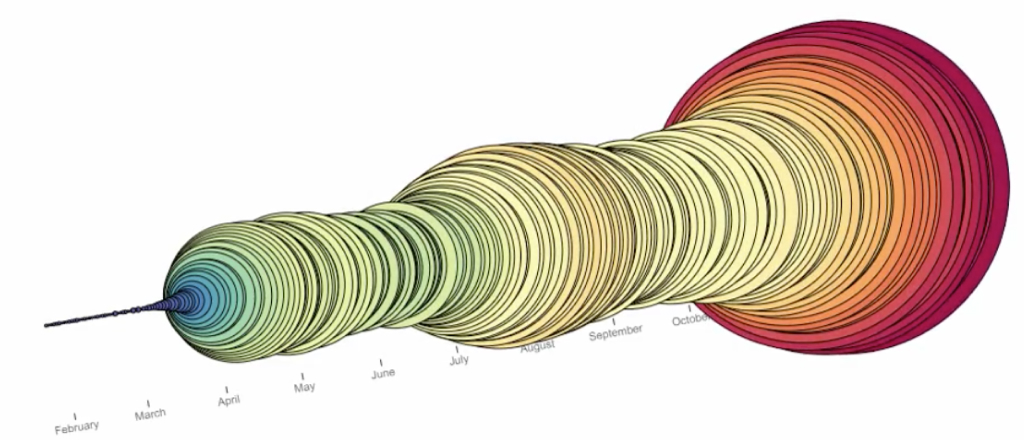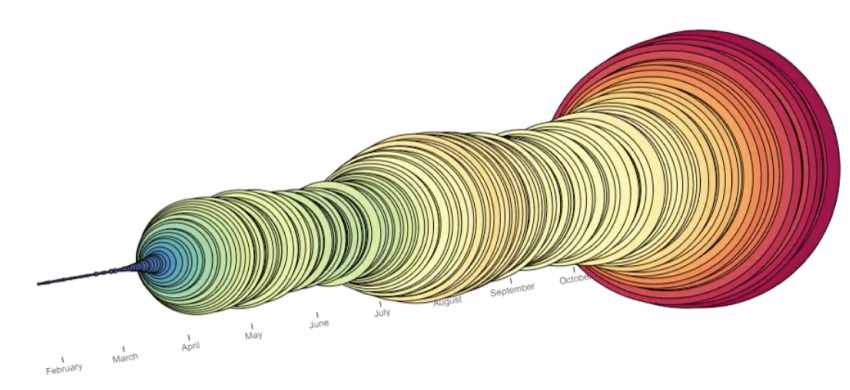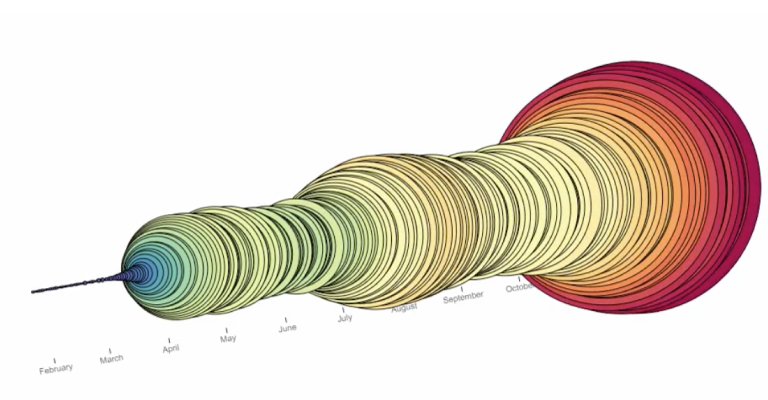QUANTITATIVE REASONING: YEAR 1

This course aims to develop skills and confidence in various kinds of mathematical reasoning with the aim of helping students become critical and informed readers of quantitative data. The course relies on team-based learning to ensure that students, who bring diverse talents and backgrounds to the course, can learn together and from one another. Students will learn to criticise and question empirical claims, understand logical reasoning, and address real-life problems by gathering and visually representing quantitative data. The course fosters quantitative literacy as well as a grasp on how algorithmic and statistical thinking is used in the natural and social sciences.
Course Information
Quantitative Reasoning addresses what might be called numeracy or quantitative literacy by exploring some basic topics related to algorithmic thinking and statistical inference. Among the topics considered are data visualisation, correlation, linear regression, sampling theory, and probability. Students learn to perform basic data analysis tasks in the R programming language and also engage with fundamental programming ideas such as loops and conditionals. Throughout the course, emphasis is placed on critical approaches and conceptual understanding alongside technical mastery.
Sample Reading List
- De Veaux R D, Velleman P F, Bock D E. Stats: Data and Models (2016).
- Ellenberg J. How Not To Be Wrong, Penguin (2014).
- RStudio Desktop, an Integrated Development Environment
Featured Teaching Faculty

Christopher L Asplund
Social Sciences (Psychology)
Associate Professor
Georgette Chen Fellow
Head of Studies, Psychology

Eugene Choo
Social Sciences (Economics)
Associate Professor
Kwan Im Thong Hood Cho Temple Professor
Head of Studies, Economics


Ng Hui Khoon
Science (Physics)
Associate Professor
Director, Division of Science
Head of Studies, Physical Sciences

Steven Matthew Oliver
Social Sciences (Political Science)
Assistant Professor
Head of Studies, Philosophy, Politics, and Economics


Contributing Faculty
-
Guillem Riambau




